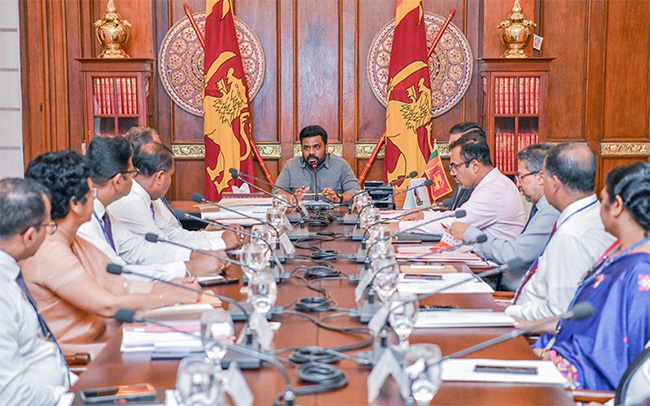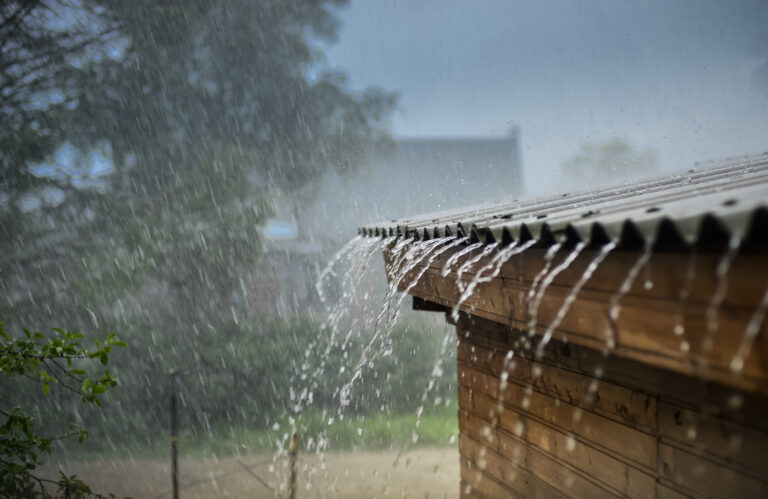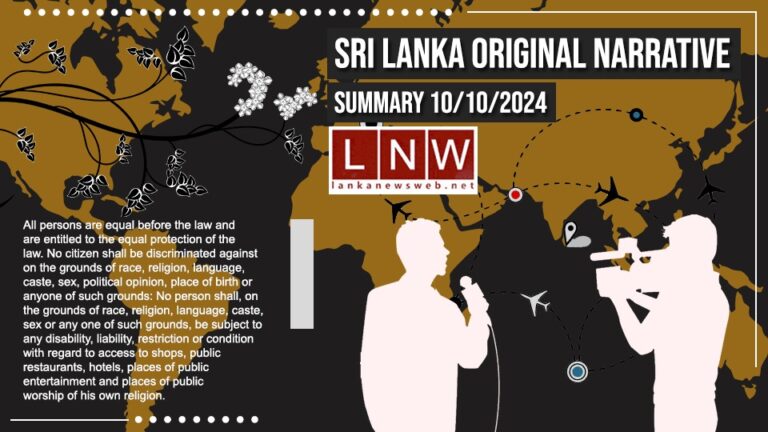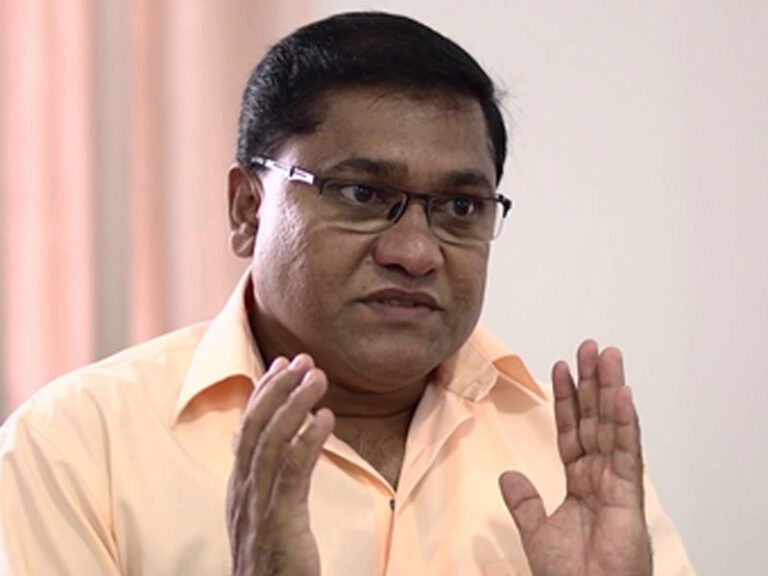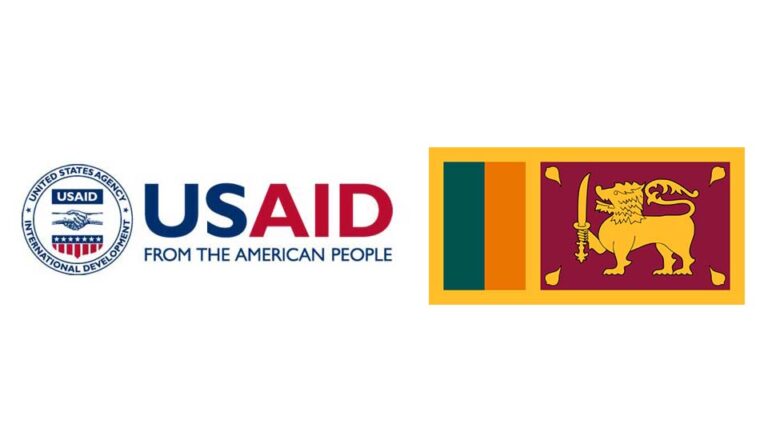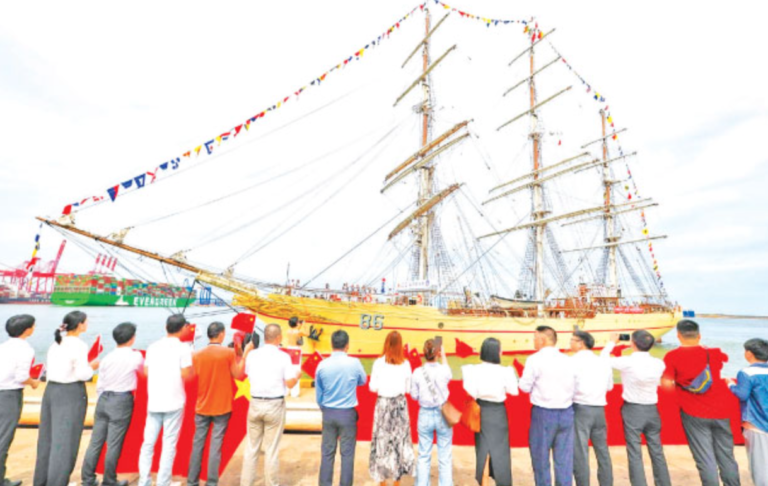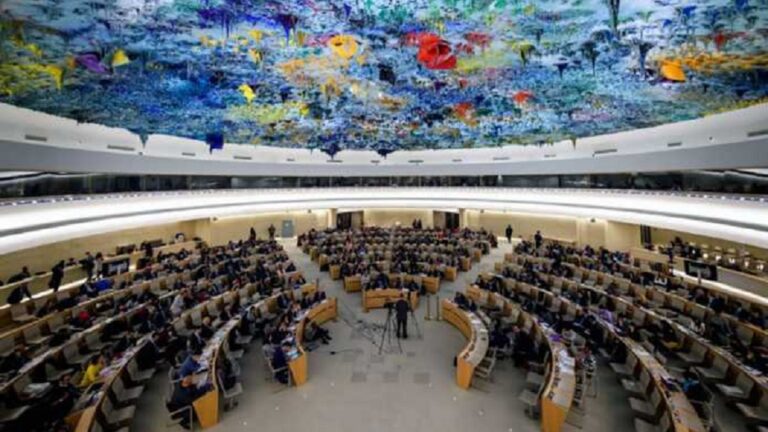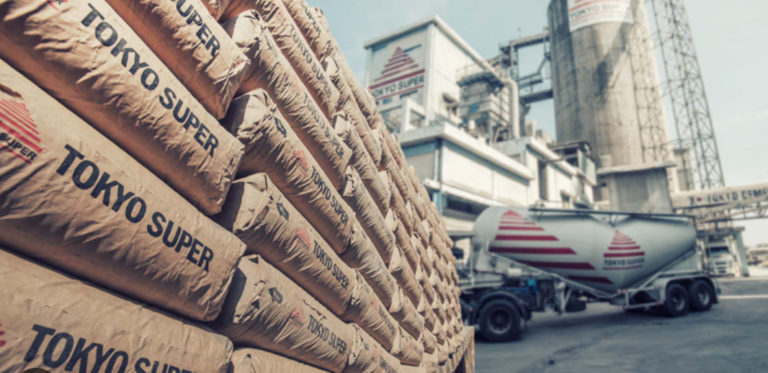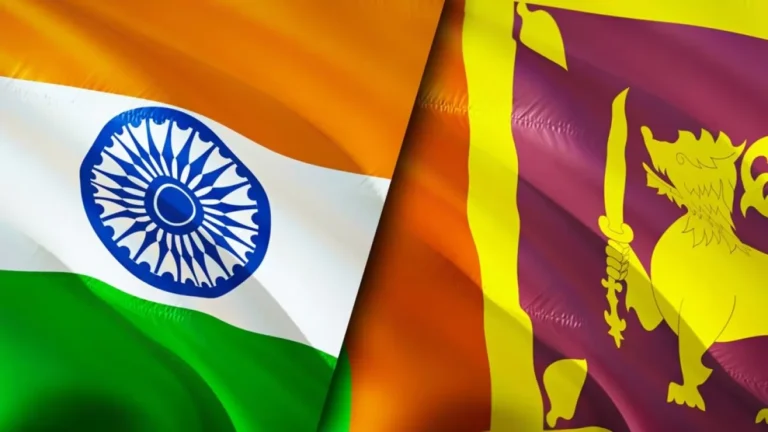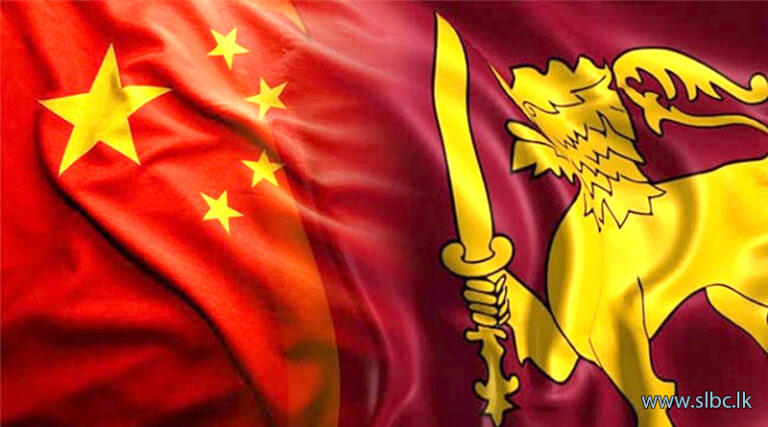By: Isuru Parakrama
October 10, Colombo (LNW): President Anura Kumara Dissanayake convened a significant meeting with senior officials from the Sri Lanka Customs Department and the Inland Revenue Department (IRD) at the Presidential Secretariat yesterday (09).
The discussions, aimed at bolstering the country’s revenue generation, focused on improving the operational efficiency of these critical departments as part of the government’s broader economic objectives, a statement by the President’s Media Division (PMD) revealed.
The meeting addressed the pressing challenges that both departments face, particularly in the areas of revenue management and tax evasion.
Officials from both agencies emphasised the need for enhanced coordination to address these issues more effectively.
The importance of stronger inter-departmental collaboration was highlighted as a way to ensure the strict enforcement of tax laws, minimise tax leakage, and boost the country’s revenue collection efforts.
Customs and tax officials presented their respective concerns and outlined the steps required to streamline their operations. A more unified approach to combat tax evasion was discussed as a solution to the ongoing challenges in preventing financial losses to the state.
This joint effort is expected to result in a more resilient system of revenue enforcement, benefiting the national economy in the long term.
Attendees from the Sri Lanka Customs Department included Director General PBSC Nonis, along with Additional Director Generals Mrs. HW SP Karunaratne, Mr. CSA Chandrasekara, Mr. WSI Silva, Mr. SP Arukgoda, and Mr. JMMG Wijeratna Bandara. Mr. AWLC Weerakoon, Senior Deputy Director, and Chief Financial Officer MRGAB Muthukuda were also present.
From the Inland Revenue Department, Commissioner General Mrs. WS Chandrasekara, along with Deputy Commissioner Generals Mr. BKS Shanta, Mrs. JADDB K Siriwardena, Mrs. JD Ranasinghe, Mr. DMNSB Dissanayake, and Senior Commissioner Ms. TMS Thennakone, participated in the talks.
President Dissanayake reinforced the government’s commitment to reforming fiscal policies, stressing the importance of tackling tax evasion and enhancing revenue collection for the betterment of the country’s economic outlook.


